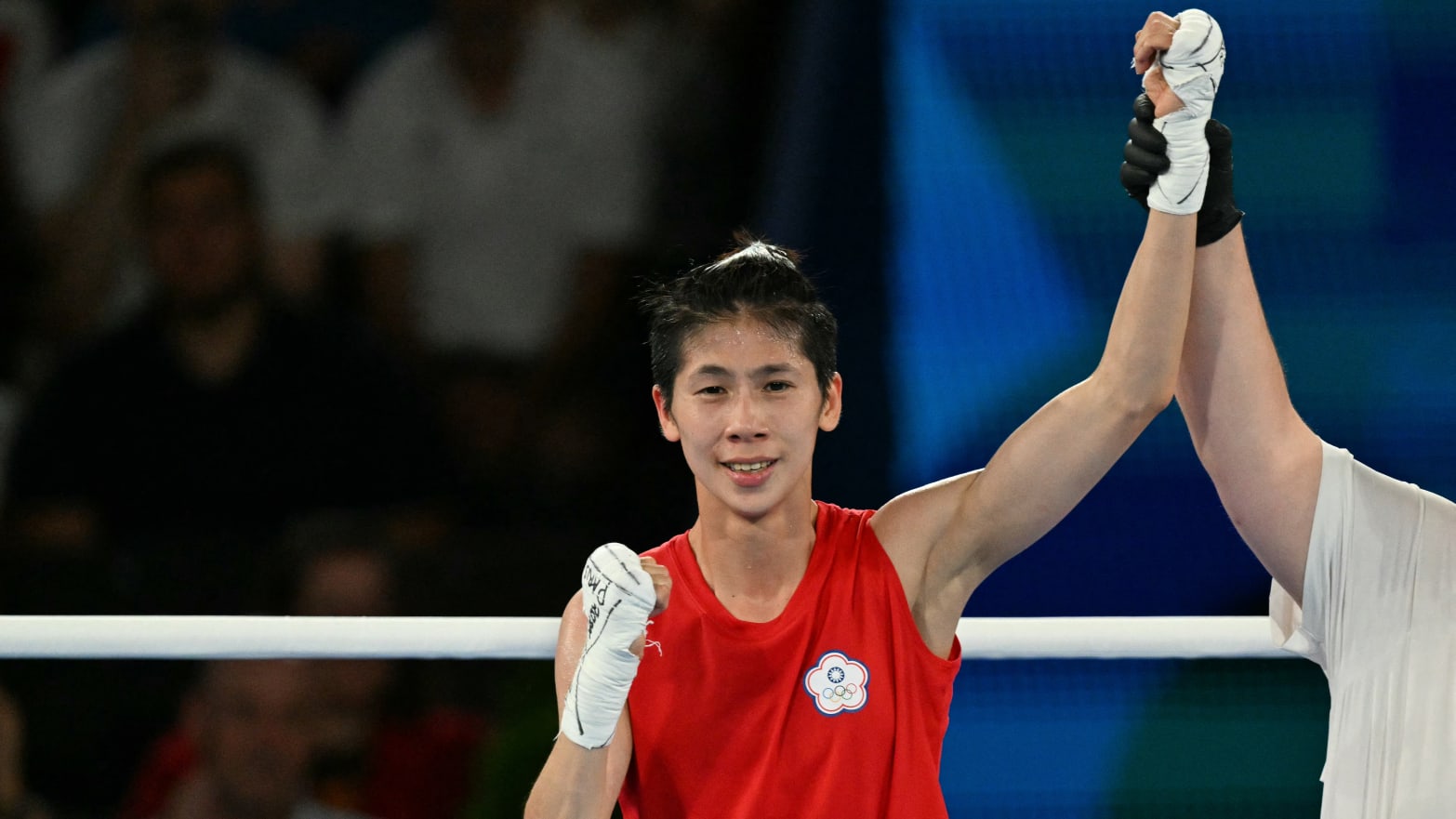Going for Gold: Lin Yu-Ting’s Journey Against All Odds
In the world of sports, where the lines between gender, identity, and competition often blur, boxer Lin Yu-Ting of Chinese Taipei has emerged as a beacon of resilience and defiance. After a fierce semifinal match, Lin secured her spot in the finals, setting her sights on Olympic gold amid a backdrop of gender scrutiny and controversy.
The Road to the Finals
Lin’s road to the finals has not been an easy one. In a gripping semifinal bout against Turkey’s Esra Yildiz Kahraman, the 28-year-old featherweight showed exceptional skill and determination. She is now set to face off against Poland’s Julia Szemerata on Saturday, but Lin’s focus is not solely on winning the title—it’s also on breaking barriers.

Just like her counterpart, Algerian boxer Imane Khelif, Lin faced stringent scrutiny regarding her gender identity. Previously barred from competing by the International Boxing Association (IBA) due to an ambiguous gender test, both athletes ultimately qualified for the Olympic Games under the governance of the International Olympic Committee (IOC), which does not acknowledge the IBA’s decisions.
IOC’s Stance and Community Support
The IOC has firmly stood by the inclusivity of both Lin and Khelif, emphasizing that both athletes are women by identification and have competed as such for years. IOC President Thomas Bach remarked:
“We have two boxers who were born as women, who have been raised as women, who have a passport as a woman, and who have competed for many years as women.”
Such statements underline the complexities surrounding gender in sports, a topic that continues to generate significant debate.
As the controversy unfolds, community support for Lin has swelled. Taiwanese President Tsai Ing-wen recently expressed her solidarity for the boxer, stating, “When I met boxer Lin Yu-ting, I saw an athlete who is fearless in the face of challenges, whether they come from inside or outside the ring.” The backing from influential figures highlights the societal importance of representation and support for athletes facing similar dilemmas.
The IBA’s Controversial Decisions
However, the IBA’s actions have ignited further debate. Following Khelif’s decisive victory against Italian boxer Angela Carini, who notably quit just 46 seconds into their match, the IBA quickly released statements regarding the disqualifications of both Lin and Khelif. A chaotic press conference ensued, with IBA officials expressing concerns about the safety of allowing these athletes to compete, despite the lack of transparency on what specific tests were administered.
Critics have pointed fingers at the organization for what seems to be politically motivated decisions. Lin and Khelif’s disqualifications coincidentally followed their victories over Russian boxers, raising questions about the influence of the Russian-dominated IBA under President Umar Kremlev. There is a perception among some observers that the IBA’s actions may be designed to stifle competition from athletes outside the typical gender norms.
A Shift in the Narrative
Despite these pressures, Lin’s perseverance serves as a rallying cry for many within the sports community. The narrative surrounding her participation is not just about boxing; it touches on larger issues of equality and the right to compete without prejudice.
Such challenges are not unique to boxing; they reflect a broader societal struggle that transcends sports, making Lin and Khelif’s stories resonate with many advocating for women’s rights and gender equity.

Both Lin and Khelif’s experiences may well pave the way for more open and productive discussions about gender in sports, potentially impacting policies and the future of competitive athletics. As Lin prepares for her final match, she not only embodies the fight for a gold medal but also symbolizes the ongoing struggle for equality within the sports arena.
Conclusion
As the world watches Lin Yu-Ting compete for Olympic gold, her story is a complex tapestry woven from threads of triumph, resilience, and the fight for identity in the face of adversity. Whether she secures the gold or not, her journey will undeniably leave an indelible mark on the world of sports, inspiring future generations of athletes and advocates alike.
As the Olympic spirit embodies determination, it remains imperative that we recognize the on-going hurdles certain athletes face, and support the mission of inclusivity and equality in sports for all.













